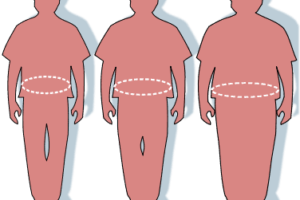plastic and reconstructive surgery
Migraine surgery offers good long-term outcomes
Surgery to “deactivate” migraine headaches produces lasting good results, with nearly 90 percent of patients having at least partial relief at five years’ follow-up, reports a study in the February issue of Plastic and Reconstructive Surgery®, the …
Assessment tool predicts blood clot risk after plastic surgery
ANN ARBOR, Mich. — Patients undergoing plastic or reconstructive surgery should receive a risk assessment before their procedure to predict whether they’ll develop potentially fatal blood clots in the legs or lungs, according to research at the Univ…
Human lymph disease could tail off thanks to gecko
Many lizards shed their tails, and then regrow them, as a survival mechanism – and now researchers from the University of Adelaide in Australia believe understanding this act could also help them treat a lymphatic condition in humans. The University of Adelaide research team have had their findings summarised in the latest edition of New Scientist. They are examining how a lizard’s lymphatic network responds when it loses its tail, and how this could be applied to the human condition of lymphoedema (the swelling of limbs due to the body’s lymphatic system being impaired). Secondary lymphoedema is a common side effect associated with mastectomies and other similar forms of radical surgery.

